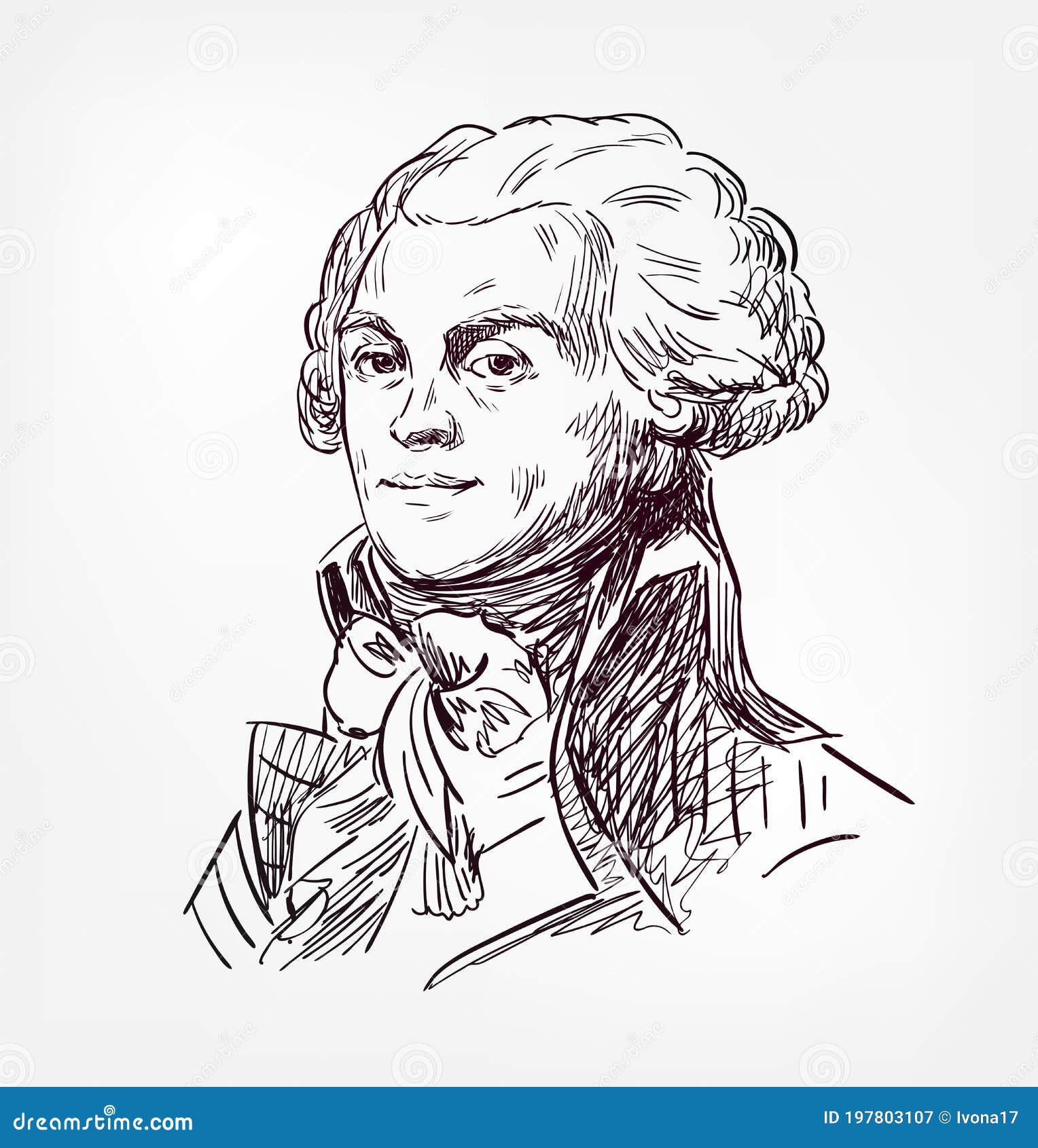Maximilien Robespierre was a French lawyer, politician, and one of the best-known and most influential figures of the French Revolution. He is often referred to as "the architect of the Reign of Terror," a period during which thousands of people were executed for alleged crimes against the Revolution.
Robespierre was born in Arras, France, in 1758. He studied law and became a lawyer in Paris, where he became involved in politics and was elected to the National Assembly in 1789. During the early years of the Revolution, Robespierre was a vocal advocate for the rights of the poor and for the abolition of slavery. He also supported the execution of King Louis XVI, which many saw as necessary for the preservation of the Revolution.
As the Revolution progressed, Robespierre became increasingly radical and began to advocate for the use of terror as a means of achieving the goals of the Revolution. He argued that the use of terror was necessary to stamp out counterrevolutionaries and to protect the Revolution from those who sought to undermine it. In 1793, he was appointed to the Committee of Public Safety, which was responsible for overseeing the Reign of Terror.
Under Robespierre's leadership, the Committee of Public Safety pursued a policy of "enemies of the people," under which thousands of people were arrested, tried, and executed on charges of being counterrevolutionaries or enemies of the Revolution. Many of these people were innocent, and the Reign of Terror became increasingly unpopular as the number of executions grew.
Despite his controversial policies, Robespierre remained a popular figure among many members of the Revolution, and he was able to maintain his position of power for several years. However, in 1794, he fell out of favor with many of his colleagues and was arrested and executed by guillotine.
In conclusion, Maximilien Robespierre was a complex and controversial figure in the history of the French Revolution. While he was instrumental in the early years of the Revolution and was a vocal advocate for the rights of the poor and the abolition of slavery, his leadership of the Reign of Terror and his use of terror as a means of achieving the goals of the Revolution have left a lasting legacy that is still debated by historians today.






